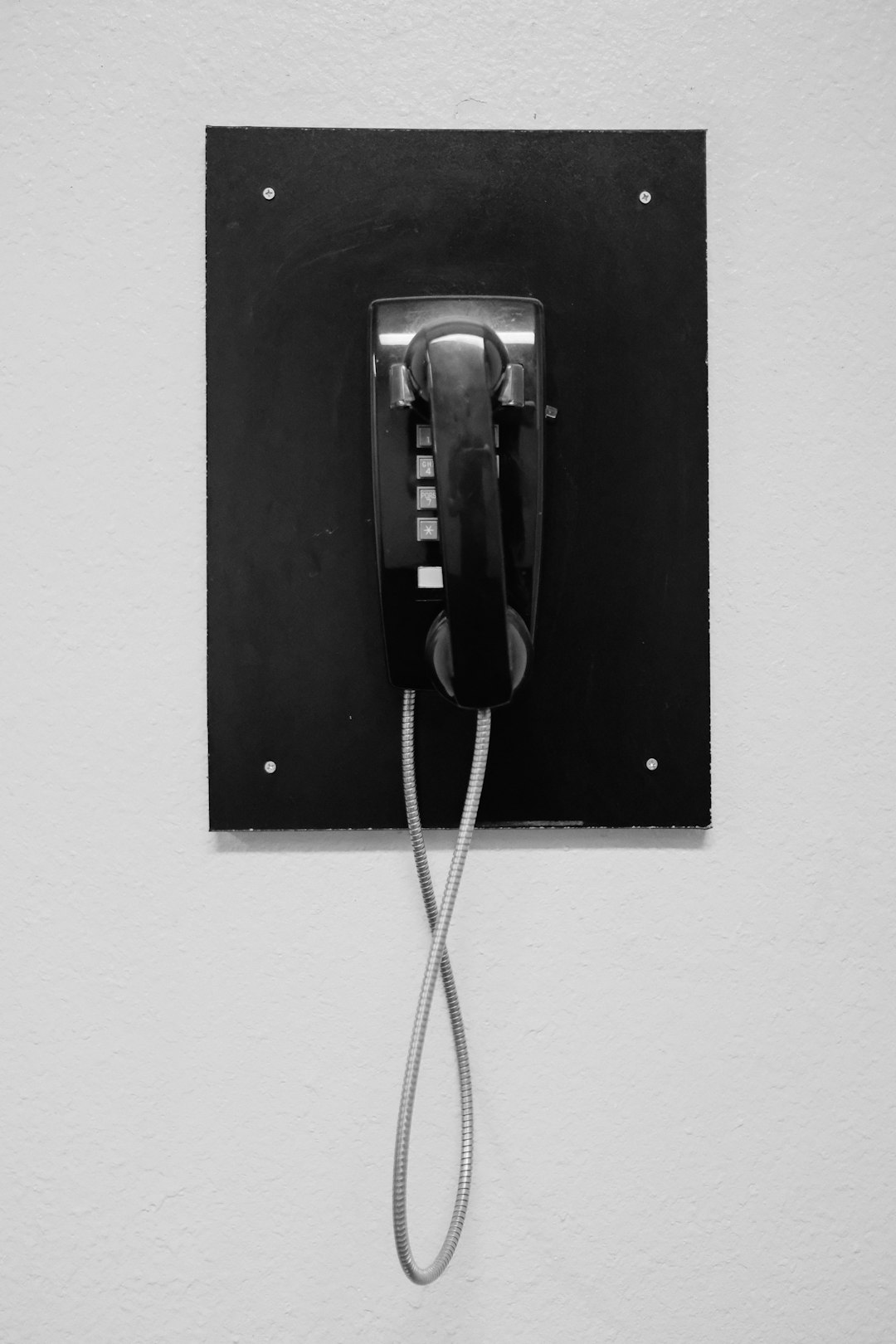In Iowa, understanding your rights and the state's debt collector laws is essential when dealing with collection agencies. Consumers have 30 days to dispute debts, and can communicate disagreements through various means. Legal protection includes a Do Not Call registry and Spam Call law firms, with specialized debt collector lawyers providing guidance on rights, disputing inaccurate claims, and stopping abusive collection practices, including unwanted calls. Engaging such a lawyer is vital for fair treatment and resolving debt-related issues within legal framework.
In Iowa, understanding your rights under debt collection laws is crucial to navigating the process of disputing a debt effectively. This guide breaks down the rules and regulations that protect you from aggressive debt collectors, helping you recognize unfair practices. Learn when and how to dispute a debt with a collector in Iowa, and discover the legal recourse available to you, including the role of a dedicated debt collector lawyer or attorney in ensuring your rights are upheld, especially under the state’s Spam Call laws and Do Not Call regulations.
Understanding Iowa's Debt Collection Laws and Your Rights

Understanding Iowa’s Debt Collection Laws and Your Rights is essential when dealing with debt collectors in this state. Iowa has established laws to protect consumers from aggressive or unfair practices by debt collectors, known as debt collector lawyers or attorneys in Iowa. These rules provide a framework for how debts should be collected and what methods debt collection agencies can employ.
Under the Debt Collection Practices Act (DCPA), debt collectors in Iowa must adhere to strict guidelines, including prohibiting spam calls from law firms and do-not-call requests. Consumers have the right to challenge or dispute any debt they believe is inaccurate or illegitimate. A debt collector lawyer in Iowa can guide individuals through this process, ensuring their rights are respected throughout.
When and How to Dispute a Debt with a Collector in Iowa

In Iowa, if you believe a debt is inaccurate or you do not owe the money, you have the right to dispute it with both creditors and debt collectors. The process typically begins by requesting validation from the collector, who must provide proof of the debt within 30 days, according to the Fair Debt Collection Practices Act (FDCPA). This includes items like contracts, receipts, or any other documentation that proves the debt is legitimate.
You can communicate your dispute in writing, via email, or over the phone. Many consumers find it beneficial to consult with a debt collector lawyer or attorney in Iowa who specializes in these laws to ensure their rights are protected. Additionally, Iowa has its own Do Not Call registry for debt collectors, and a Spam Call law firm can assist in managing unwanted calls. Remember, knowing your rights under the state’s debt collector laws is crucial, and legal counsel can help guide you through the process effectively.
Legal Recourse: Engaging a Debt Collector Lawyer in Iowa for Protection

When facing relentless debt collection efforts, many Iowans find themselves at a loss for legal recourse. Engaging a debt collector lawyer in Iowa can be a strategic move to protect your rights under state laws. These legal professionals specialize in navigating complex debt collector laws Iowa and ensuring that collectors adhere to the rules set forth by the Do Not Call law firms Iowa. A debt collector attorney Iowa can help you understand your rights, challenge invalid claims, and even stop abusive practices like spam calls from collection agencies.
Iowa’s debt collection regulations, part of its debt collector laws, offer consumers significant protection. With the assistance of a qualified debt collector lawyer in Iowa, individuals can assert their rights to fair treatment, dispute inaccurate information, and seek compensation for any harm caused by unlawful collection tactics. Whether you’re dealing with phone calls, letters, or even aggressive behavior, having an attorney advocate on your behalf can make all the difference in resolving your debt-related issues effectively and within the boundaries of the law.






